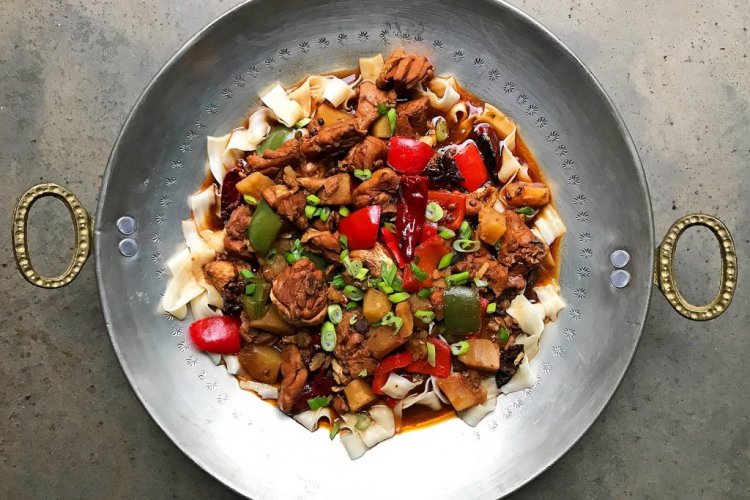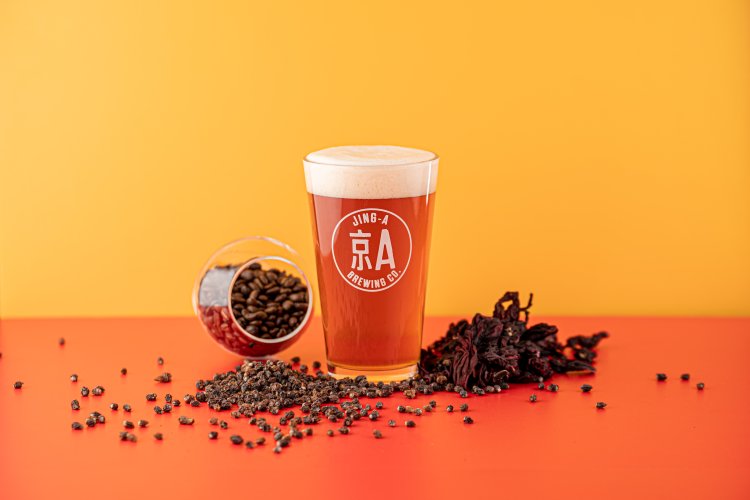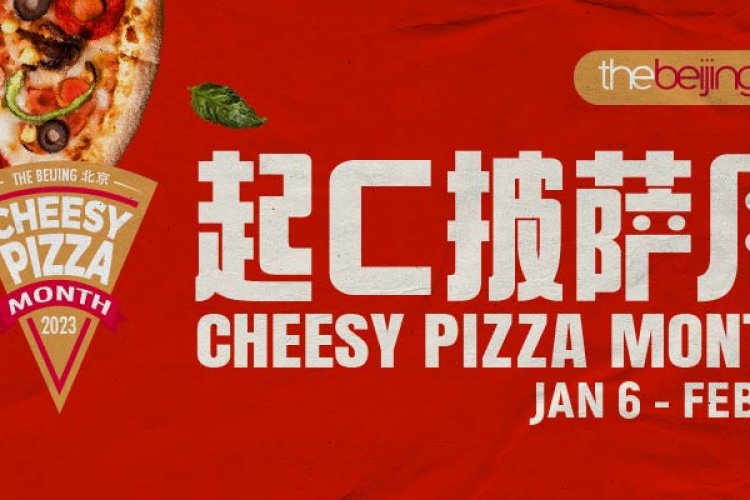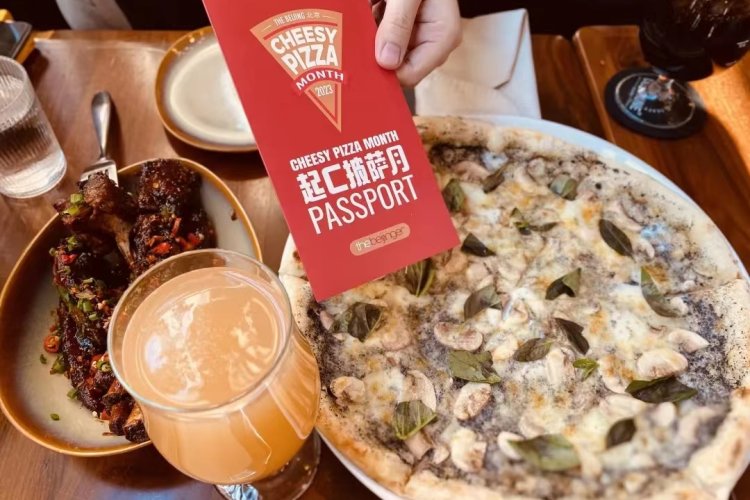Red Curry, Yellow Curry: Purple Haze’s Tobi Demker
This month, Purple Haze founder Tobi Demker celebrates five years at his original Gongti branch plus the (re)opening of Purple Haze Bistro in a new hutong pad. We locked spoons over a bowl of tom yum soup to find out more.
the Beijinger: Purple Haze is five! Has the dining scene changed much since you started?
Tobi Demker: Competition is fiercer than ever and customers’ expectations are rising. More Chinese are traveling to Thailand too, so local knowledge of Thai cuisine is on the rise. I have many Chinese friends who didn’t like Thai food when we started, but they are hooked now!
tbj: How have you managed to stay in the game for so long?
TD: We remain true to our mission: deliver comfort and value. And we’re consistent. Some of our staff have been with us from the beginning. When we started, we didn’t have too much experience, and I honestly think we learned most through listening to the customers.
tbj: How do you plan to celebrate your anniversary?
TD: Through February we’ll give daily gifts to each customer: a welcome drink, a free dessert, etc. We want to show appreciation to all the customers who have supported us over the years.
tbj: Can you shed a bit more light on Purple Haze Bistro’s recent move?
TD: The old building was designed so our fan system went through the neighbor’s shop. They got sick of it and blocked it. This resulted in our kitchen being unable to prepare anything but salads and some deep-fried dishes. All other food was catered from our other location for five months! It went surprisingly well, though. Anyway, no one wanted to take any responsibility or take action to solve the issue, so we had to find our solution elsewhere.
tbj: Are you taking a risk moving to Dongsi Liutiao, an area not known for its restaurant scene?
TD: It’s a perfect location for us. It’s a lovely courtyard which is quite small, but really cozy. The garden is covered by a huge tree which is great now, but will be absolutely amazing during the warm months. The area itself also has a lot of potential. There's a good mix of locals and foreigners living in the area. The challenge is to get customers there the first time – if we don’t f**k up, people should come back.
tbj: Where do you get your recipe ideas for the signature cocktails Purple Haze is famous for?
TD: Our best-selling drink by far is our Dirty Mojito. It contains a lot of brown sugar which makes it sweet but also a bit “dirty.” Our Lychee Martini and Cosmopolitan are also quite popular, but personally I prefer a good Manhattan. They are hard to find in Beijing. Recipes come from all over the place: customer recommendations, stupid ideas, our travels and the Internet.
tbj: What prompted you to start jazz nights at a Thai restaurant?
TD: Well, as a musician in jazz, blues, and rock bands, it was kind of natural to mix music with my business, and I’ve met so many new friends in the process. It’s also good to go up and play myself once in a while.
tbj: What other restaurants do you visit when you’re not working at Purple Haze?
TD: I like smaller restaurants. Small great-value restaurants like Morels, Take 5 and Kiosk are great for Western food. For Chinese food, I go a lot to a place called Xiang Tu Cai (“Hot & Spicy Bar” in English) in my neighborhood. Now that we are located at Dongsi Liutiao, I will probably visit Crescent Moon more often as well. They serve delicious Xinjiang food.
tbj: If you could run any restaurant in Beijing, what type of cuisine would you serve?
TD: It would be great to serve a traditional Swedish smorgasbord! Unfortunately, Scandinavian food hasn’t proved itself very successful in China so far.






